Menu
Columns
Showing 3546 Columns
Showing 3546 Columns
August 16th, 2012

The alpha and the omega, the beginning and the end; this is what you need to think about when writing a short story or novel. Whether you plot out your stories in excruciating detail or start with an idea and just run with it, the way you end your story will help people determine whether it's a good one or a bad one. Endings need to be fulfilling, they need to resonate—they need to stay with the reader long after the story is over. But how do you do that? That’s what we’re talking about this week, endings that matter—twisted and otherwise.
Read Column →August 16th, 2012
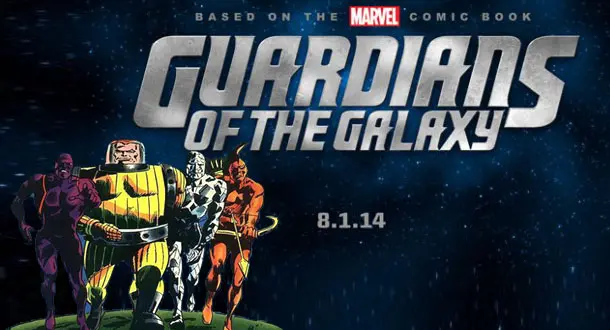
At Comic-Con this year, Marvel unveiled phase two of their plan for world domination. In addition to the expected slew of sequels, they announced two movies that weren't based on any of their popular flagship characters. Instead, they went with properties that are practically unknown to people who do not read comic books.
Read Column →August 15th, 2012

One area of reoccurring obsession for writers — and the source of a lot of accompanying anxiety— is the issue of voice. A quick Google search shows it’s one of the most discussed craft-related topics on the Web, with a deluge of self-help articles and online workshops promising (“in ten easy steps!”) to help writers develop their own unique style and tone.
Read Column →August 15th, 2012
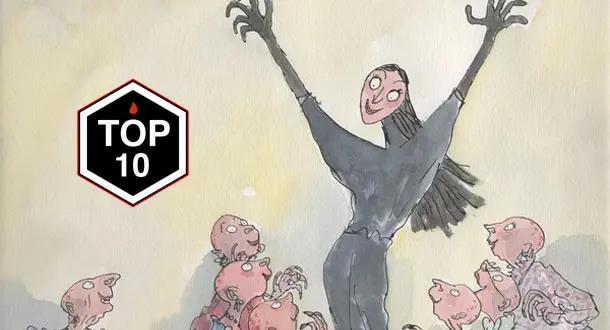
The thing about kids? They're much more resilient than we think. Adults that fret over fiction that is too frightening for young children are neglecting one irrefutable truth: kids like to be scared. They're made of pretty strong stuff, and they enjoy the kind of cozy, insulated adrenaline rush that comes in the form of a scary book or movie, ghost stories or Halloween. When I was young, I used to actually lie in bed and try to scare myself ("That shadow...is a witch!
Read Column →August 14th, 2012
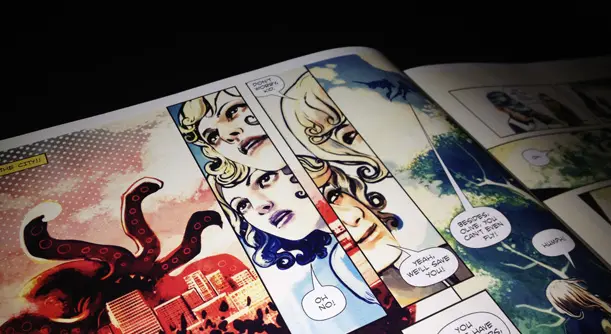
Don't Write Comics is a multi-part essay about writing comics, understanding what your options are, finding the right artist, and everything you need to do to get a strong comic book pitch package together. So, you've made it this far. Good for you! Or something! Now comes the hard part. Because now you have to find someone way more talented than yourself to invest emotionally, mentally, and physically in your project.
Read Column →August 14th, 2012
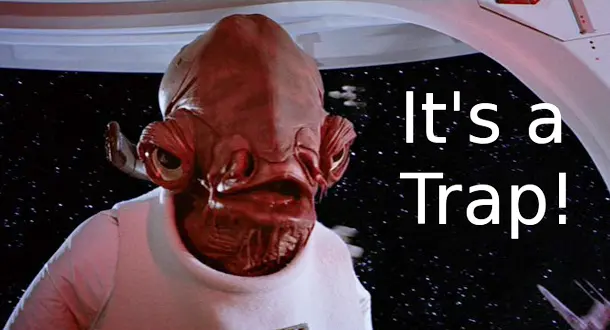
I recently received an advance copy of Tad Williams’ latest novel, The Dirty Streets of Heaven, an urban fantasy featuring a hard-boiled protagonist who also happens to be an angel. The first in a series, Dirty Streets is narrated by Bobby Dollar, a likable, engaging, and funny guy-- or rather, angel-- whose job is to act as Heaven’s advocate for dead souls in the fictional city of San Judas. Unlike some angels, Bobby and his friends spend most of their time on earth, wearing human bodies, and it shows.
Read Column →August 13th, 2012
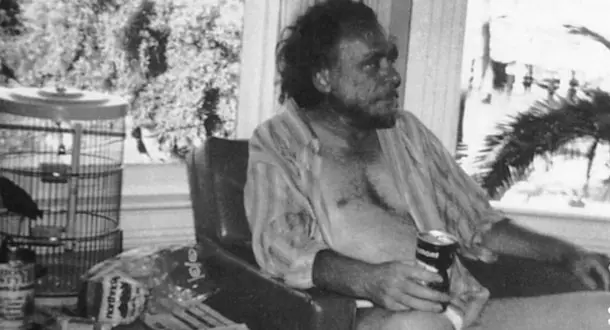
The path to excess leads to the path to wisdom. -William Blake Bull fucking shit it does -Me, at age 38 upon reading William Blake's famous quote So who wants to commit some literary blasphemy with me? Well of course you do!
Read Column →August 10th, 2012
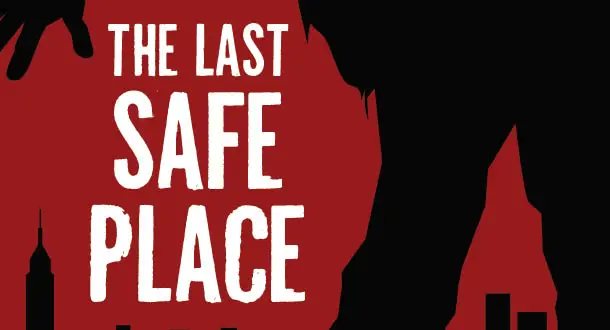
I don't know if you've heard, but there's this new trend in publishing where people digitally release their work on websites like Amazon. It's called self-publishing, and since I'm all about trends, I figured I'd give it a shot.
Read Column →August 10th, 2012
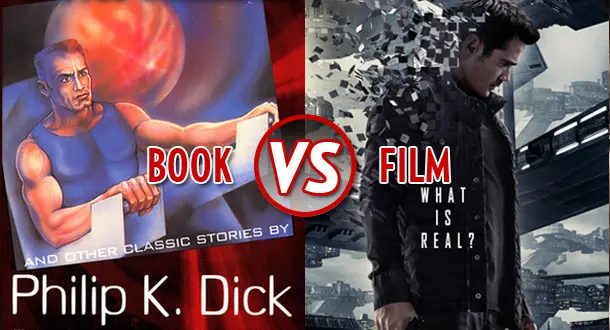
At the very beginning of the recently released Total Recall, a graphic recognizes the company behind the movie, producer Neal H. Moritz's Original Films. The unintentional irony of the word "original" being attached to a remake caused the audience at my screening to chuckle knowingly. What the people in that theater may have missed in their gentle mockery was another card, deep in the credits, that acknowledged another layer of inspiration: Science Fiction legend Philip K.
Read Column →August 9th, 2012
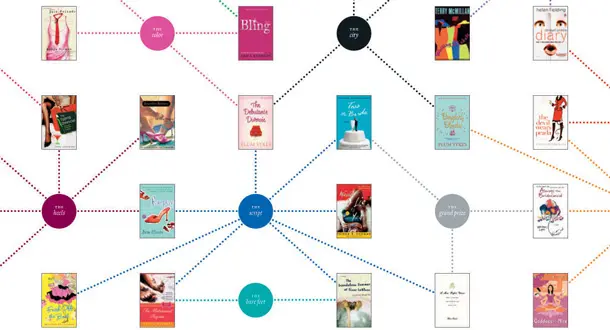
Look at this book: Mentally project said book onto a shelf as you walk by. Assume your eyes flicker to it. Does it appeal? Would you reach up (in my hypothetical situation, you are short or the shelf is high) to read the back copy, maybe flick through the pages?
Read Column →🎼
Tell us about your book, and we'll give you a writing playlist
Take our 1 minute quiz to find your ideal tunes.